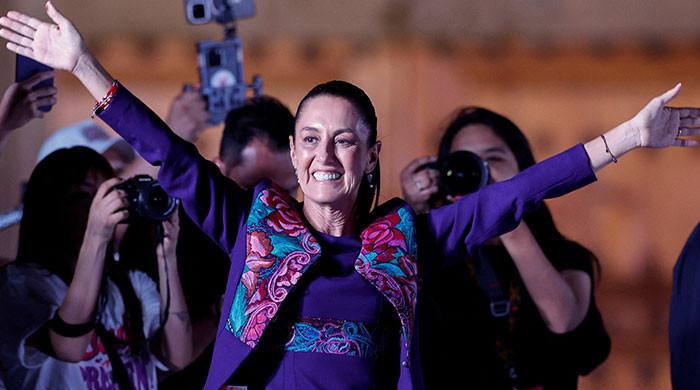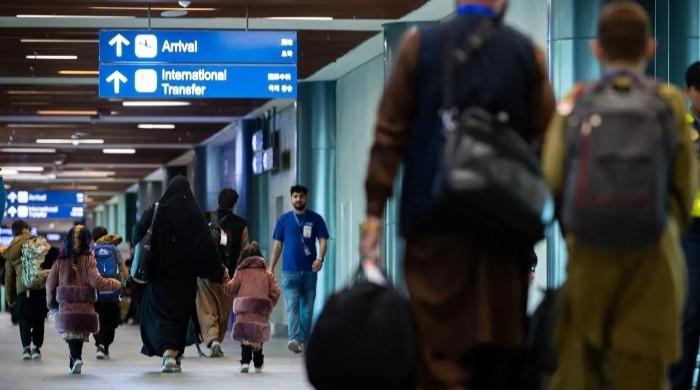The Supreme Court on Tuesday rejected a major property rights challenge to rent control laws in New York City and elsewhere that give tenants the right to stay for many years in an apartment costing less than From the market.
A group of New York landlords had sued, alleging that the combination of rent regulation and long-term occupancy violated the constitutional prohibition on taking private property for public use.
The judges had been considering the appeal since late September. Only Justice Clarence Thomas issued a partial dissent.
Thomas said that “the constitutionality of regimes like New York City's is an important and pressing issue,” but the landlords presented no evidence that they had been prevented “from evicting actual tenants for particular reasons.”
A ruling in the case could have directly affected 1 million apartments in New York City and could have had a significant impact in California as well.
The California Apartment Association. had urged the justices to hear the New York case and said that “many of its members are located in local jurisdictions subject to rent control laws, including San Francisco, Los Angeles, San Jose, Oakland, Sacramento, Santa Monica, Berkeley, Pasadena, Alameda and Beverly Hills.”
Rent control has been maintained on the grounds that it is a regulation of property, not an appropriation of it by the government. But the court's conservative majority has recently shown interest in strengthening property rights.
Two years ago, the Supreme Court struck down a California law that authorized union organizers to go to farms and agricultural facilities to recruit new members for the farm workers union.
In a 6-3 ruling, Chief Justice John G. Roberts Jr. said private property owners have the “right to exclude” others. Citing that principle, New York landlords said they should have the right to exclude tenants after their lease has expired.
In January, the court heard a property rights challenge over developer fees that could have broad impacts in California.
George Sheetz sued El Dorado County, near Sacramento, after he was assessed a $23,000 fee for a permit to install a manufactured home on land he owned.
The county said the fees, set by legislation, paid for new and expanded roads in the area, and California courts ruled in the county's favor.
But the judges seemed very divided in Sheetz v. El Dorado County on whether these building permit fees amount to a government taking of private property.
In New York City, several small and medium-sized apartment owners sued, alleging that new rent control laws have gone so far that “their property is no longer theirs. “New York has expropriated it,” they said.
They pointed to changes made in 2019 that make it more difficult to exclude tenants after their leases expire, even if the landlord wants to give the space to his own family members.
While rent control was once advocated as a temporary solution to the severe housing shortage, they said the laws now “grant tenants a perpetual option to renew their leases, transforming term leases into lifetime ownership.” required by the government.
The New York cases are 74 Pinehurst LLC v. New York and 335-7 LLC v. City of New York.











